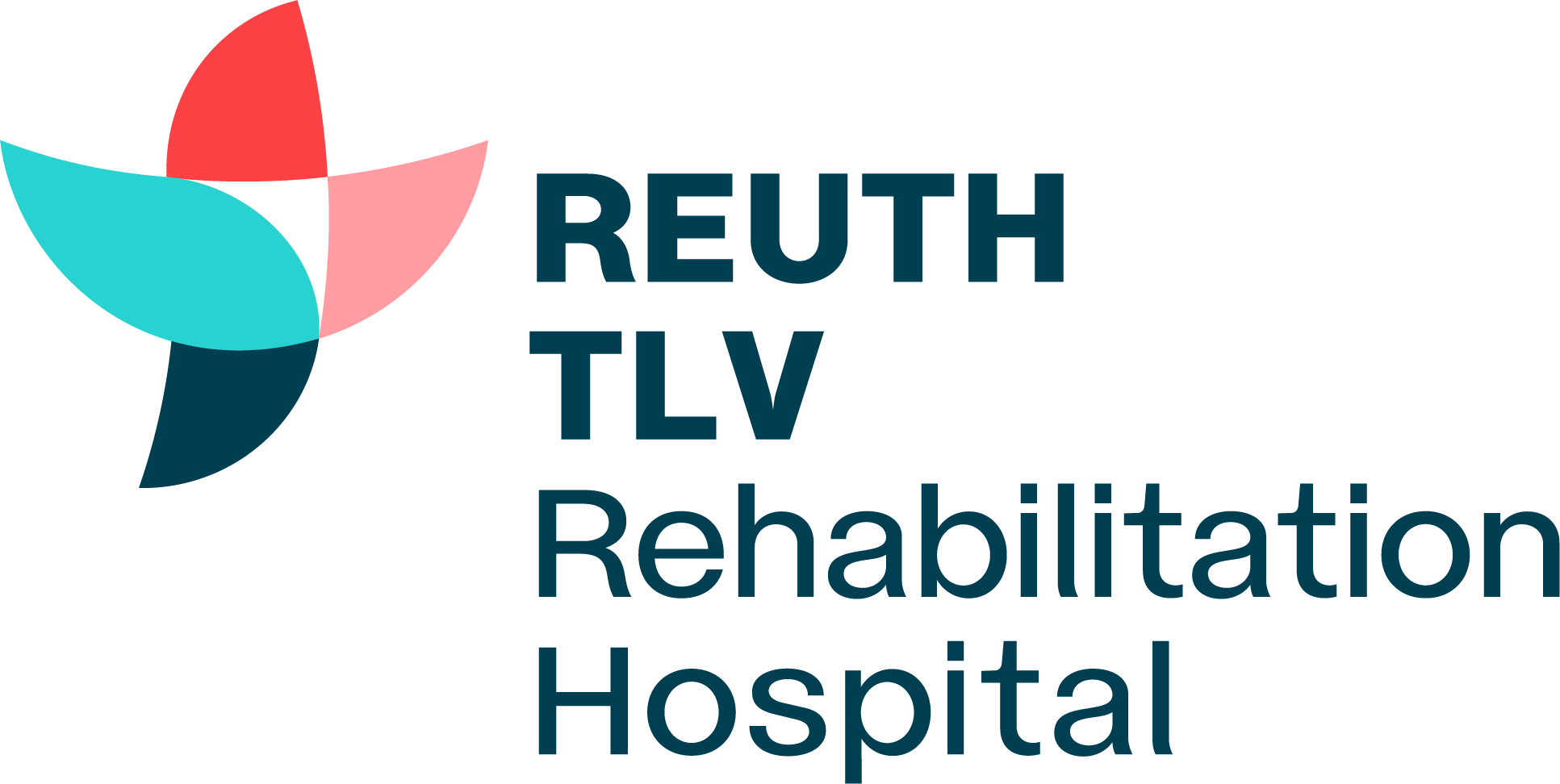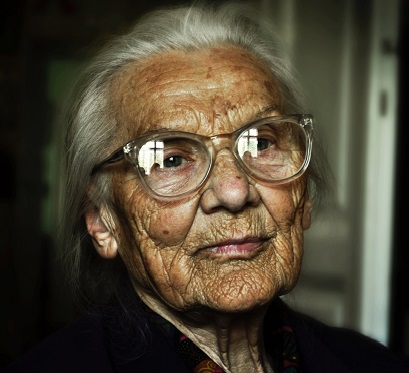Have your parents been getting along on their own until now, but you feel that the situation is changing? Have you begun to notice that their home is not as tidy as it used to be? Are you hearing about frequent visits to the family doctor? Maybe it is time to become more involved in your parents’ well-being.
Stage 1. Is everything okay? Be alert!
Adult children often begin to care for their parents after a crisis occurs (a fall, illness, etc.). It is best, however, not to “wait for disaster to hit”, but rather be involved and watchful even when everything seems okay. Aging is a process that reveals itself in many early signs, that people tend to ignore. Be alert to changes happening in your parents’ lives and check whether they are still able to care for their own needs.
In the first stage, consider how you can ease the burden of daily household chores. Help your parents arrange standing payment orders (horaat keva) so as not to miss various bills. Convince them to use deliveries when shopping, and encourage them to employ a cleaning person to make housekeeping easier. Install daily living aids to make their home safer and prevent falls. This is also the time to ask the municipal social services office if there is a Supportive Community in the area, and request an emergency alarm button. Another option which may suit your elderly parents is a retirement home for independent elderly individuals.
Stage 2. Does your parent need daily assistance?
Apply to Bituach Leumi for the Long-Term Care Benefit. This Benefit will provide your parent with several weekly hours of homecare, which can be exchanged for a basket of other services for the elderly. You can submit the application to Bituach Leumi through a homecare agency, which will help in the process and provide the caregiver. Don’t forget to ask the homecare agency for the “pre-homecare” service, which covers the weekly hours provided by the agency free of charge, until the request to Bituach Leumi is approved.
This is also the time to implement all the special benefits your parent is entitled to from various sources, based on his/ her particular circumstances (support for Holocaust survivors, a certificate of blindness, etc.). To do this you must gather all necessary information and get in touch with relevant nonprofits that can help the family cope with the parent’s situation.
Encourage your parent to attend a daycare center for the elderly. Here he/ she will have regular contact with a professional nurse and social worker who will help him/ her apply for benefits and monitor his/ her general condition. The daycare center will also provide your parent with hot meals and a rich program of social activities.
Stage 3. Is it no longer possible to leave your parent alone?
When your parent needs 24-hour supervision, or is no longer able to care for himself/ herself independently, it is time to think about a more intensive plan for his/ her care. First of all, apply to Bituach Leumi for an increase in the Long-Term Care Benefit. Some adult children decide to move in with their elderly parent. However, this may not be sufficient when constant nursing care is needed.
A foreign worker living in your parent’s home can provide the required nursing care and supervision. Licenses for employing a foreign worker, issued by the Israeli Population and Immigration Authority, are granted to elderly persons that Meet the criteria defined in law. Even if you are not sure that you will want or be able to bring in a foreign worker, you should begin the process, because obtaining the permit can take months. To employ a foreign worker you will need a permit for the person in need of care to hire a specific worker. Submit the application to the Israeli Population and Immigration Authority. A home-care agency that supplies foreign workers can be very helpful in the process.
If your parent is in the hospital due to an illness or injury, and will require home care and supervision when coming home, you can opt for the accelerated application procedure through the committee for special cases. Ask the social worker of the ward where your parent is hospitalized for help in submitting this application.
Another option for intensive round-the-clock care is a unit for the physically or mentally frail elderly in a nursing home. Israel has many nursing homes that provide this type of care. It is important to choose one which is licensed and supervised by the Ministry of Health. Consulting companies specializing in placing elderly persons in suitable institutions can help you find the right place quickly and efficiently. You can also apply to the Ministry of Health for a “code”, which entitles you to financial assistance in paying for the nursing home.
Remember! Even if you have found the best arrangement for your parents, whether at home or in the right institution, your continued watchfulness, attention and support are vital to their well-being.
The information presented in the English website is partial. For full info please visit our Hebrew website

 donation
donation 




“Reuth Information Center”, All rights reserved to Reuth rehabilitation hospital. Reuth Information Center is an informational site only. All information on the Website is not a replacement or a substitute for medical, legal, economic, consumer, financial or other advice and any use of the information on the Website is solely the responsibility of the User. Surfing is subject to Terms of Use.